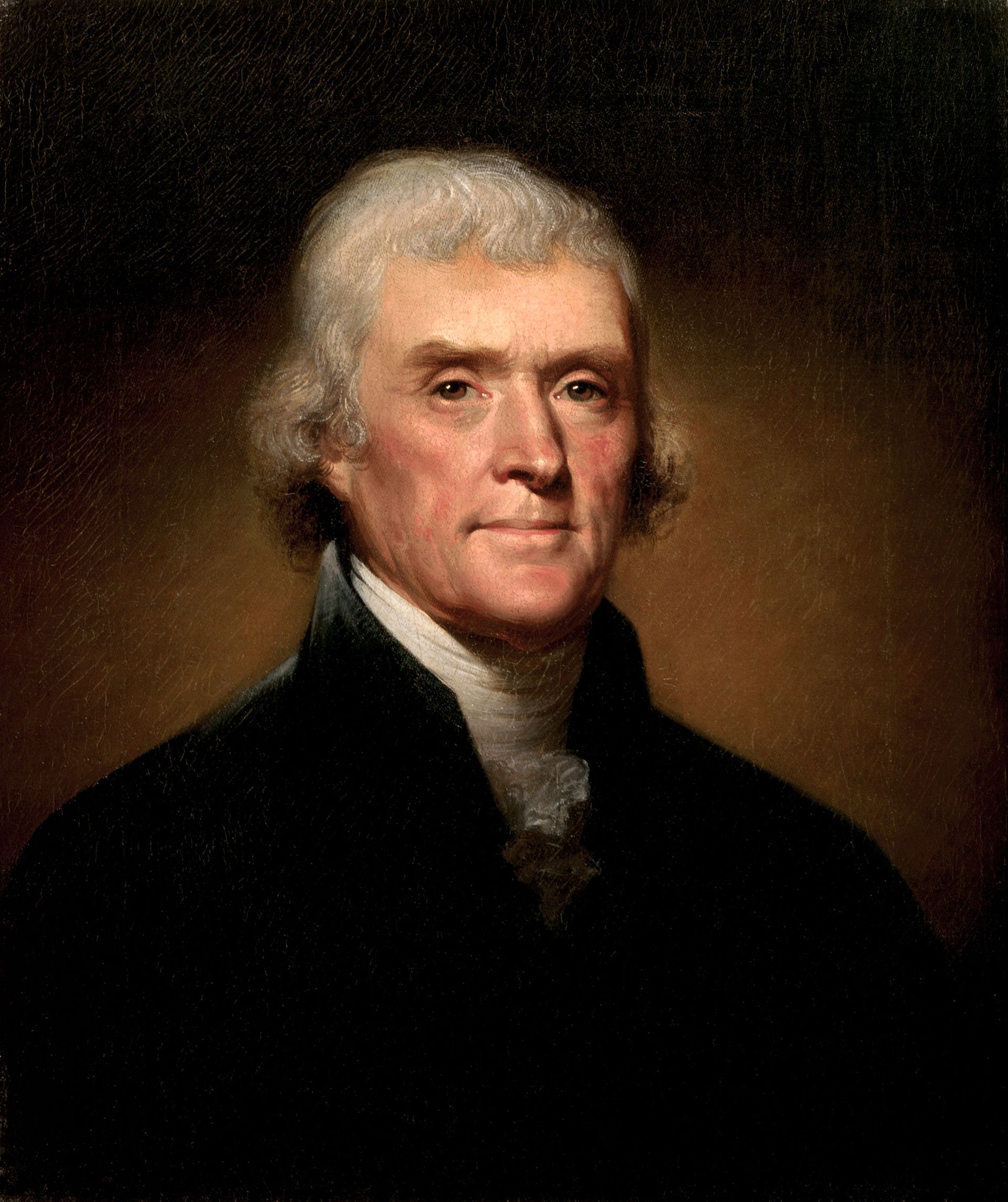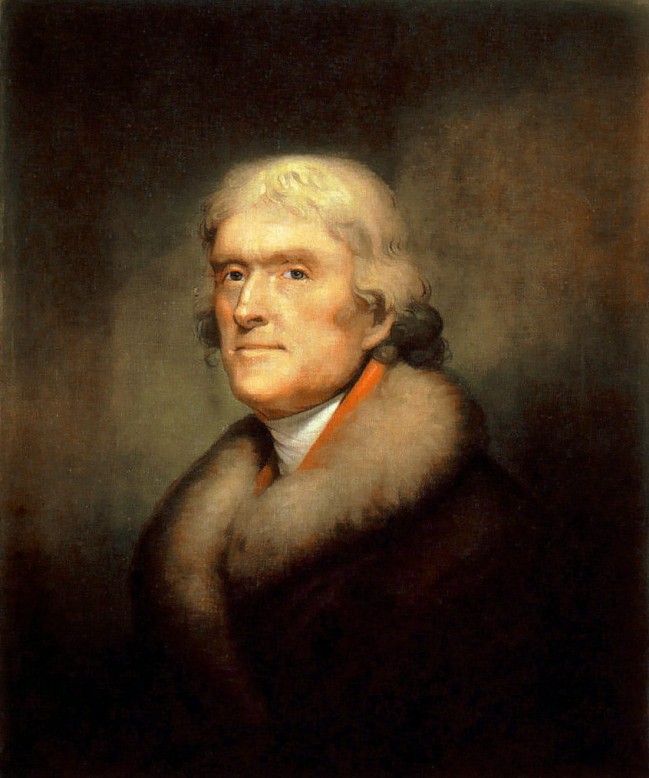
Yes, it’s time to muse on the current state of affairs in the US and the current presidential election cycle. The race, in some quarters, has devolved into a peculiar hybrid of vulgar reality TV show and absurd adolescent popularity contest (with my apologies to adolescents the world over).
The incessant bloviating, bragging, lies, bigotry and hatred espoused by some of the current political candidates has me considering two elements that are vital to our democracy.
The first, our right to freedom of speech, freedom of the press and freedom of assembly is enshrined in the Constitution. However vile and repulsive their speech, the peddlers of caustic words have a right to speak. Their opponents and detractors have an equal right as well. But, this must be done by all sides, free of intimidation, threats and violence.
The second, is no less important, but you’ll not find any requirement or right listed in any statute. Yet, our democracy fully depends upon it. Our system of governance requires a citizenry that is educated and also versed in the political process. The alternative, as we increasingly see in the United States, is a politically-savvy uber-class with its moneyed handlers and benefactors, “the so-called establishment”, to which most ordinary citizens have outsourced their reasoning, and a growing underclass fueled by distrust, anger and resentment — a recipe for divisiveness and anarchy.
While founder Thomas Jefferson never did say, “An educated citizenry is a vital requisite for our survival as a free people,” many of his writings confirm his fundamental belief that a strong democracy is existentially linked to an educated citizenry. Jefferson did say the following:
Whenever the people are well-informed, they can be trusted with their own government;… whenever things get so far wrong as to attract their notice, they may be relied on to set them to rights.
It is an axiom in my mind that our liberty can never be safe but in the hands of the people themselves, and that, too, of the people with a certain degree of instruction.
Above all things I hope the education of the common people will be attended to, convinced that on their good sense we may rely with the most security for the preservation of a due degree of liberty.
Light and liberty go together.
Jefferson’s powerful words as so especially important today. I have to agree with Michael Lynch professor of philosophy at the University of Connecticut, “Googling” a snippet of information is not a substitute for internalizing established facts, reasoned political discourse or wisdom.
We can all love the “poorly educated”, but it is our duty to ensure each and every citizen is well-educated. Anything less fails to open the door to personal opportunity and further reinforces a system of division.
Image: Portrait of Thomas Jefferson by Rembrandt Peale, 1800. Courtesy: White House Historical Association. Public Domain.

